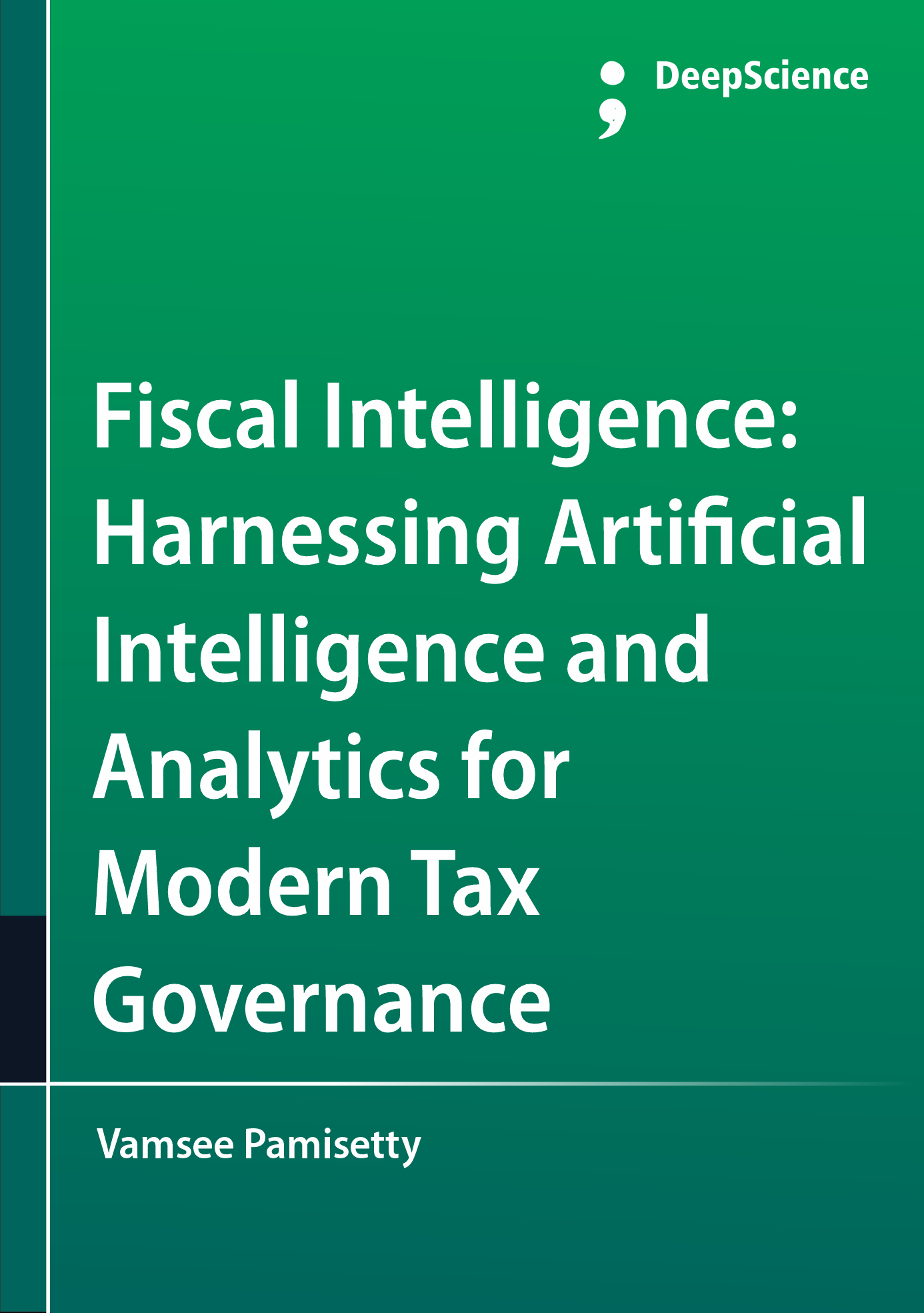Establishing a robust framework for tax compliance in the era of digital transformation
Synopsis
The emergence of the digital economy has spontaneously posed questions about the tax compliance of companies settled in offshore tax havens. With the dawn of digital transformation, bolstered by the Fourth Industrial Revolution and reflected through concepts like Industry 4.0, the urgency of these questions seems to grow at a pace closely linked to the speed of change brought to the traditional economy. Notwithstanding this, the tax framework that embodies the structuring of income tax compliance operations across countries is based on outdated principles. This, to some extent, explains the contemporary rise in tax avoidance and evasion as loopholes, tentatively closed through ad-hoc two generations of international tax reform initiatives. In this context, an unfair allocation of taxable income, and consequently of tax revenue, through the cross-border deployment of intangible assets and the manipulation of intercompany transactions becomes expected. For low-income countries, where the digital economy creates massive value and where consumption taxes do not offset income tax avoidance, the problem becomes critical.
The response by classical law is through a set of rules governing the permanent establishment, which determines the contribution given by a company to the economic life of a taxation jurisdiction on tax jurisdictional factors as premises for a need for tax jurisdiction. But what has meant, despite its old age, micro and macroeconomic studies of the income mobility of a listed company show that taxable income can be disconnected from the residency and, a fortiori, from the location of the permanent establishment. The ad-hoc elaboration of transfer pricing rules is meant to reduce this disconnection as far as it shall possible through price adjustment mechanisms of cross-border transfers of tangible and intangible assets and the liability to prove that a reasonable firm would not resort to the transfer of the price agreed upon.













